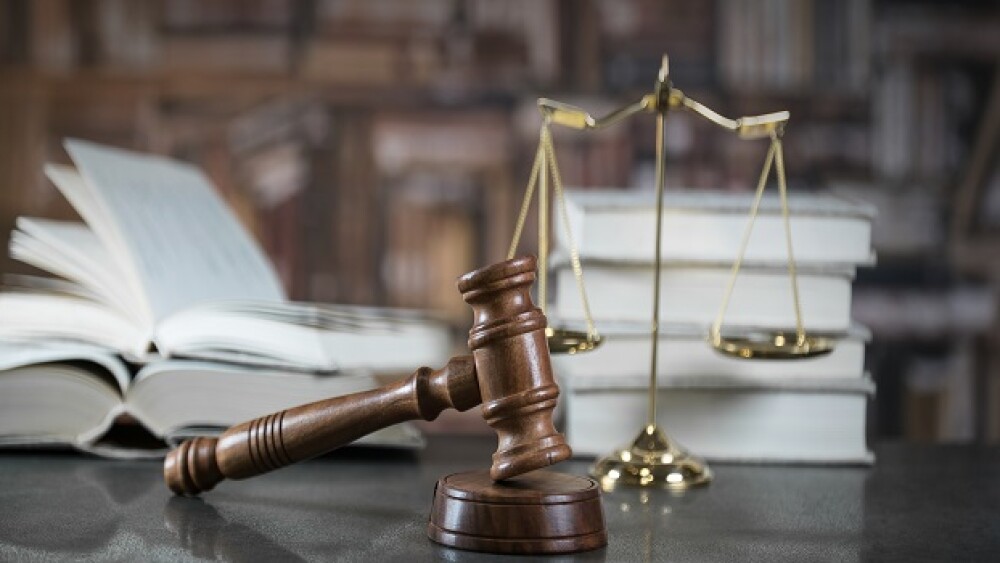Sarepta Therapeutics is breathing a little easier this morning. On Wednesday a federal appeals court supported a previous court’s decision to dismiss charges that the company misled shareholders as it vied to gain approval for its Duchenne muscular dystrophy treatment.
Sarepta Therapeutics is breathing a little easier this morning. On Wednesday a federal appeals court supported a previous court’s decision to dismiss charges that the company misled shareholders as it vied to gain approval for its Duchenne muscular dystrophy treatment.
In December an attorney representing some Sarepta investors sought to revive a lawsuit that alleged the company falsely claimed its existing clinical data was enough to seek approval of DMD treatment Exondys 51. In September 2016 the U.S. Food and Drug Administration approved Exondys 51 after a contentious approval process. It was the first FDA-approved drug for DMD.
The U.S. Court of Appeals for the First Circuit in Boston initially dismissed the securities class action lawsuit in August 2017. The court said the plaintiffs presented more opinion than fact in their allegations, according to a breakdown of the ruling on Lexology. Then in December plaintiffs sought to revive the lawsuit by arguing again that the company misled the FDA in the months leading up to the approval, Reuters reported. This week though, a federal judge ruled that the lower courts were correct in dismissing the case against the Cambridge, Mass.-based biotech.
While the legal drama was playing out Sarepta has been steadily getting ready to seek regulatory approval for a second DMD drug called golodirsen.
Sarepta is not the first company to face a class action lawsuit brought on by dissatisfied investors – even lawsuits that have been previously dismissed. Last year some shareholders revived a kick-backs class action lawsuit against St. Paul, Minn.-based Cardiovascular Systems, Inc., despite a judge having previously dismissed the litigation. The lawsuit was revived after plaintiffs cited a $25 million judgment against the company in a related case.
Life sciences giant Johnson & Johnson has been embroiled in multiple lawsuits over its talc-based products. Plaintiffs alleged that the products, including baby powder, contain cancer-causing materials such as asbestos. Thursday Reuters reported that a jury agreed with a plaintiff and awarded him $30 million in damages. An additional $7 million was awarded to the plaintiff’s wife. As could be expected, J&J said it will appeal the decision.
In February BioSpace noted that life science companies are popular targets for securities fraud litigation. Companies are often targeted following the failure of a Phase III trial. In February alone two companies agreed to settle class action lawsuits after investors raised concerns. Insulet Corporation agreed to pay $19.5 million to settle a class action lawsuit where plaintiffs alleged the company misrepresented the success of its insulin delivery device OmniPod Eros. Utah-based Lipocine Inc. entered into a settlement agreement over a class action lawsuit. The company said it denied the allegations made in the securities fraud case. Lipocine said it was entering into the agreement in order to avoid the burden and expense of further litigation.





